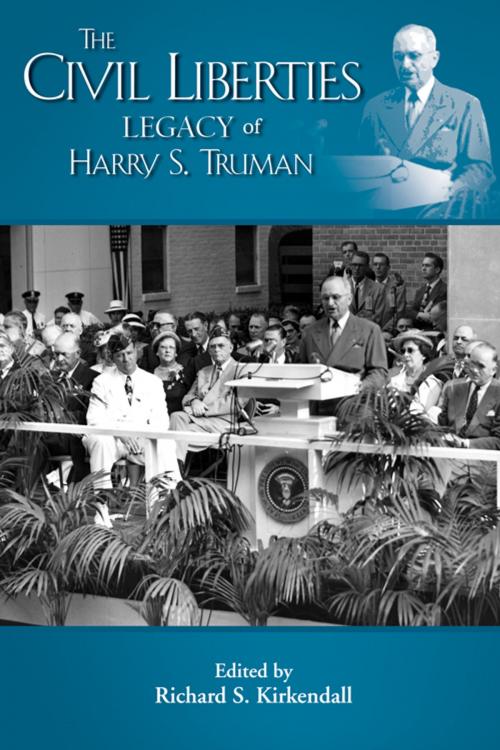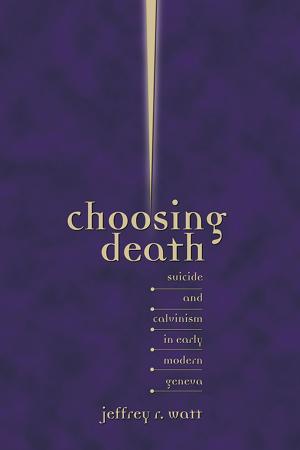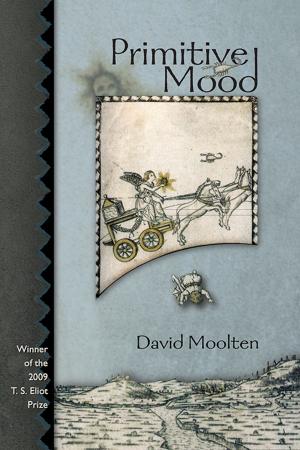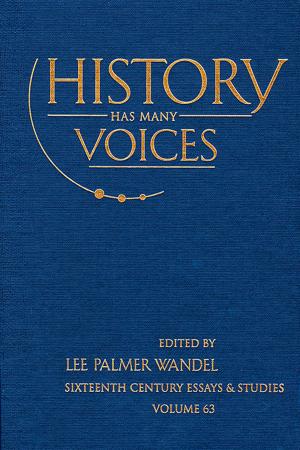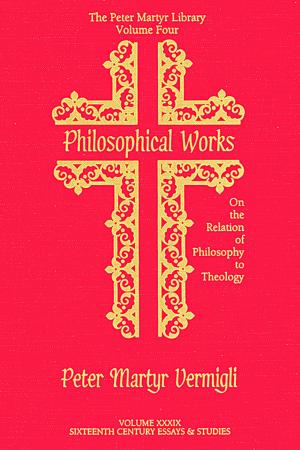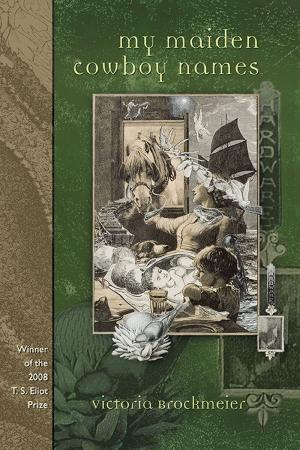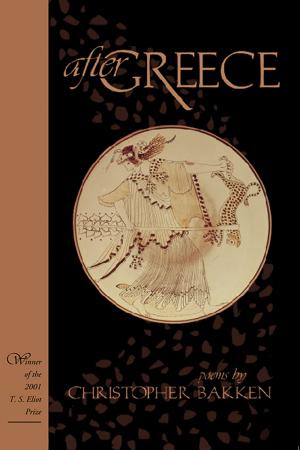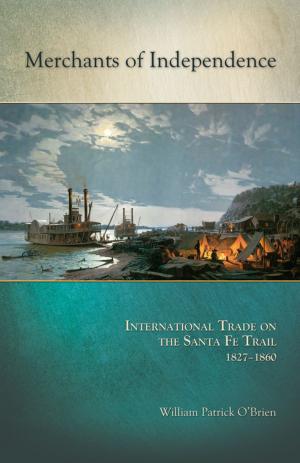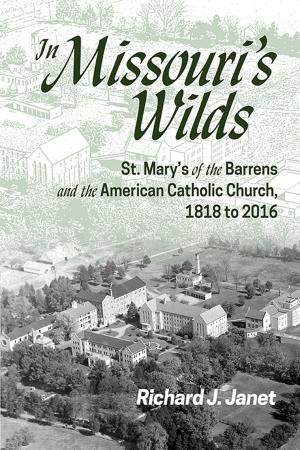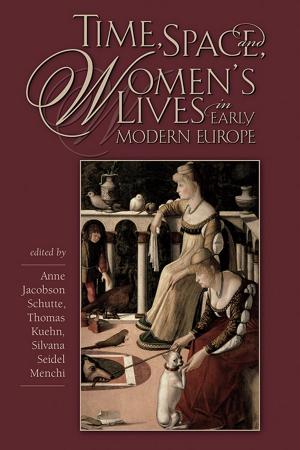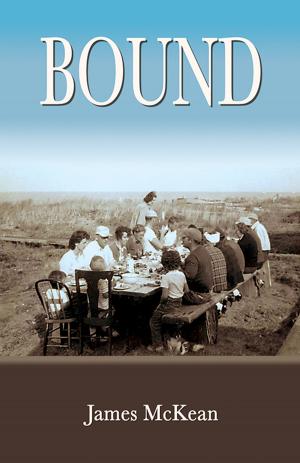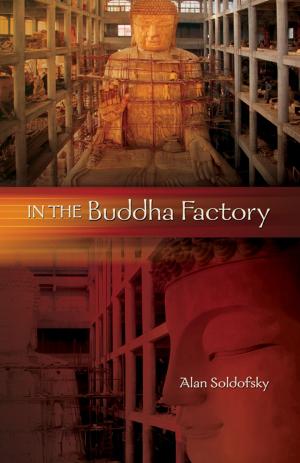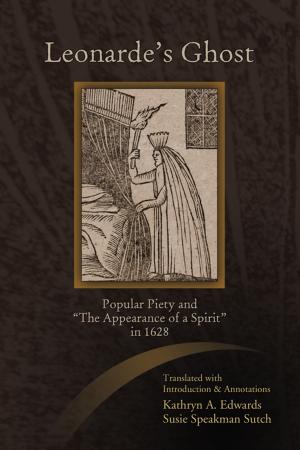The Civil Liberties Legacy of Harry S. Truman
Nonfiction, Social & Cultural Studies, Political Science, Politics, Civil Rights, Government| Author: | Richard S. Kirkendall, Roger Daniels, Athan G. Theoharis, Landon R. Y. Storrs, Michal R. Belknap, David Greenberg, R. Bruce Craig, Richard M. Fried, Lynne Joiner, Raymond H. Geselbracht, Ken Hechler, Robert P. Watson, Harry S. Truman | ISBN: | 9781612480855 |
| Publisher: | Truman State University Press | Publication: | April 1, 2013 |
| Imprint: | Language: | English |
| Author: | Richard S. Kirkendall, Roger Daniels, Athan G. Theoharis, Landon R. Y. Storrs, Michal R. Belknap, David Greenberg, R. Bruce Craig, Richard M. Fried, Lynne Joiner, Raymond H. Geselbracht, Ken Hechler, Robert P. Watson, Harry S. Truman |
| ISBN: | 9781612480855 |
| Publisher: | Truman State University Press |
| Publication: | April 1, 2013 |
| Imprint: | |
| Language: | English |
President Harry Truman identified himself repeatedly as a champion of civil liberties in the American system of government. Although the pursuit of peace topped his agenda, Communist containment and civil liberties were, in his mind, closely linked. The American Constitution's Bill of Rights was a source of strength that the United States had, but that authoritarian regimes did not. To strengthen respect for civil liberties, the president sought to educate Americans about the great importance of these liberties. Critics did not always value civil liberties as highly as Truman, and he felt that opponents weakened the pursuit of peace by suggesting that America, in the fight against communism, move away from the great model of liberal principles. Contributors in this volume recognize that President Truman had shortcomings in this area, but he balanced concerns about national security and individual liberties, and worked hard to persuade Americans in and out of government that civil liberties must be respected.
President Harry Truman identified himself repeatedly as a champion of civil liberties in the American system of government. Although the pursuit of peace topped his agenda, Communist containment and civil liberties were, in his mind, closely linked. The American Constitution's Bill of Rights was a source of strength that the United States had, but that authoritarian regimes did not. To strengthen respect for civil liberties, the president sought to educate Americans about the great importance of these liberties. Critics did not always value civil liberties as highly as Truman, and he felt that opponents weakened the pursuit of peace by suggesting that America, in the fight against communism, move away from the great model of liberal principles. Contributors in this volume recognize that President Truman had shortcomings in this area, but he balanced concerns about national security and individual liberties, and worked hard to persuade Americans in and out of government that civil liberties must be respected.
